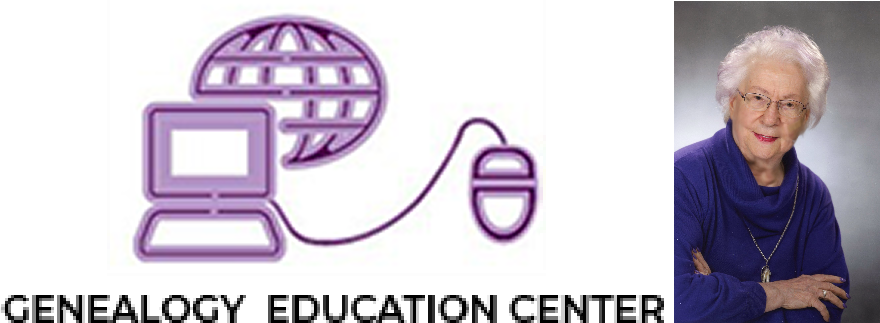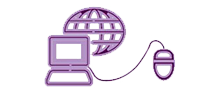Probate and Pension Records
Hello and welcome back to the blog! I hope I am finding you well in your research! Today I would like to turn our attention back towards two other important record types that might help you further your research and or projects. Those of course being probates and pension records.
To begin you may be more familiar with the term pension than you are probate. Probate refers to the process of proving and or verifying a will in court. Pensions on the other hand refer to an account where money is added by the employer during an employee’s employment years to be drawn on to support a person(s) in retirement. Now each of these records are different, including some of the information you may obtain from them, and ways you may go about accessing them.
Probate records might hold information about persons important to your ancestors, lists of what was owned and values of those items. There are at least eight different types of documents you can look for when searching for probate records: petition, bond, letters of administration and letters of testamentary, inventory, appraisement, accounts, order, final settlement/distribution, etc. To find such documents I would first look for evidence of the event of a probate. Keeping in mind narrowing the range of when your ancestor might have died and who they might have willed their estate and things too. Then I would go about looking for the above documents. Again, online databases contain a wealth of digitized documents including that of probate records. I would also try and look in the districts where an ancestor may have lived and the records might reside. Some of these districts/states are contained online.
Pension records on the other hand might hold information about the disability, physical hardships, and service of an ancestor. For example, every man who served from 1775 to 1865 received a pension and their widows and children could find themselves eligible to receive their pensions based on certain laws. In stark contrast to probate records, pensions were available only until decades after the conflict ended rather than just upon death. Many have been lost, but still you might be able to find some by looking at the NARA site and other helpful basic online databases that we have covered before. You can obtain them from the NARA in person, mail or online using the NATF form 85.
I hope you have enjoyed today’s small crash course on probate and pension records. There is much more that could be covered, too much some would say to read. If you are interested in learning more about probate and pension records, including how they could further aid in your research I encourage you to check out my webinars where I am able to dive more into the gritty details of each. If you have specific questions regarding application to your personal research do not hesitate to use the above contact information to reach out and ask. Good luck on your genealogy journey!
Winona I Laird “The Genealogy Granny” https://www.genealogyeducationcenter.com



